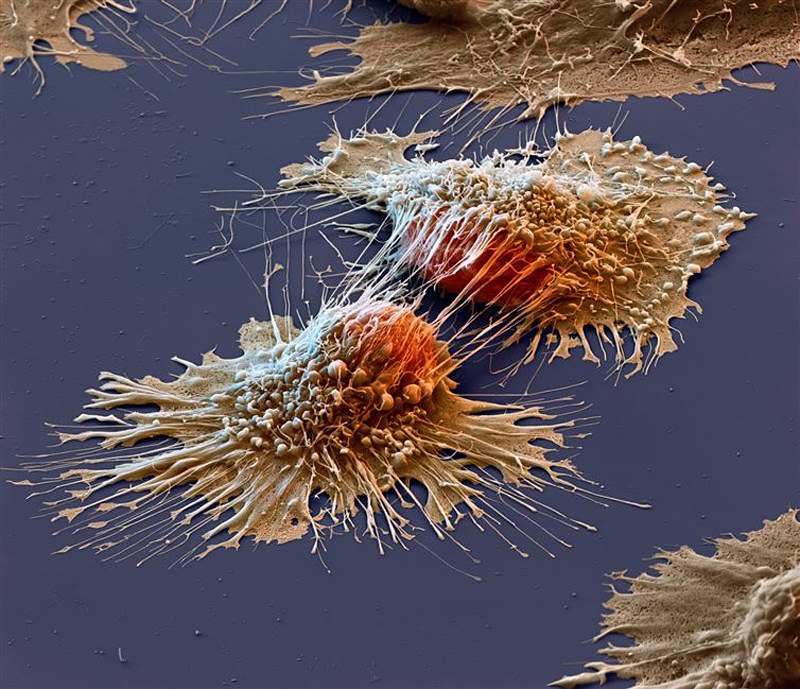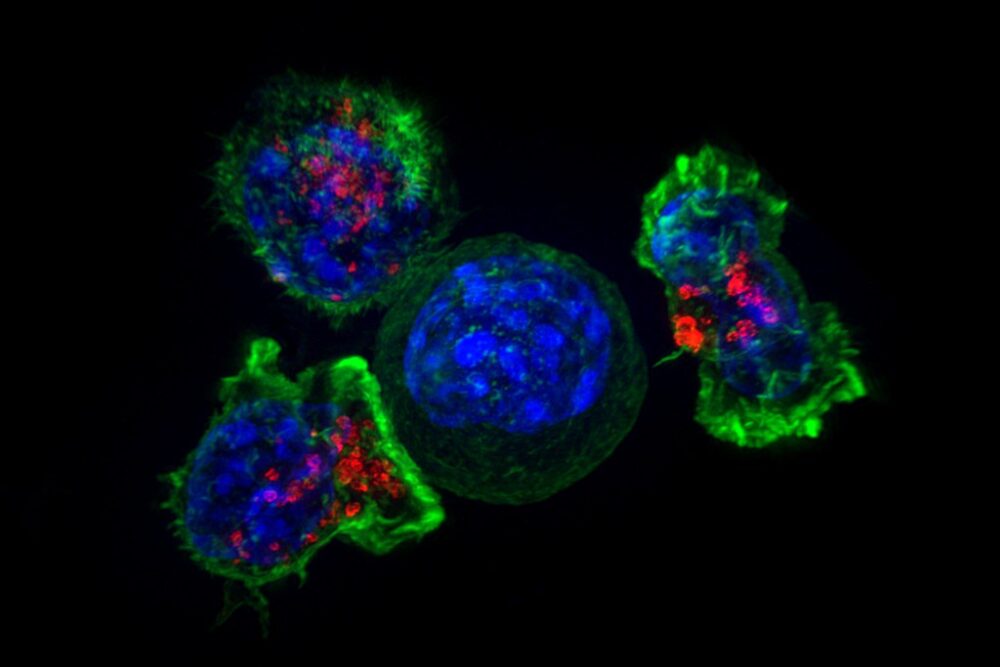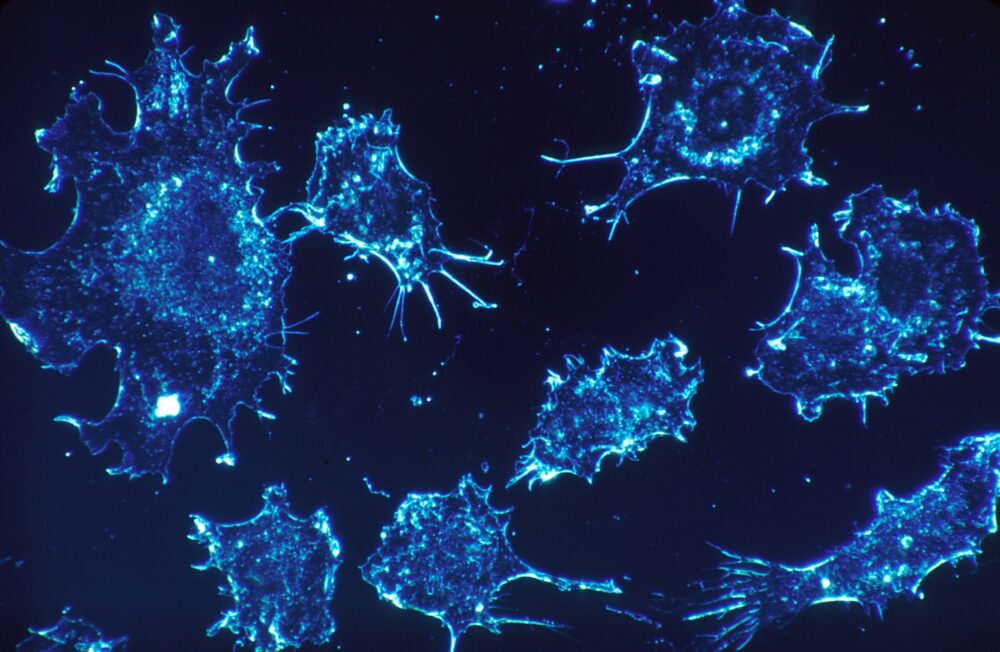Opinion: Weight loss drugs highlight the flaws of the US healthcare system
In recent years, the production of weight loss drugs has exploded across the United States. Though these drugs have promising potential in combating the obesity epidemic in the United States, I worry these drugs will widen healthcare inequities for the very patients who need access to weight management care the most. In clinical studies, injection-based […]
Opinion: Weight loss drugs highlight the flaws of the US healthcare system Read More »








